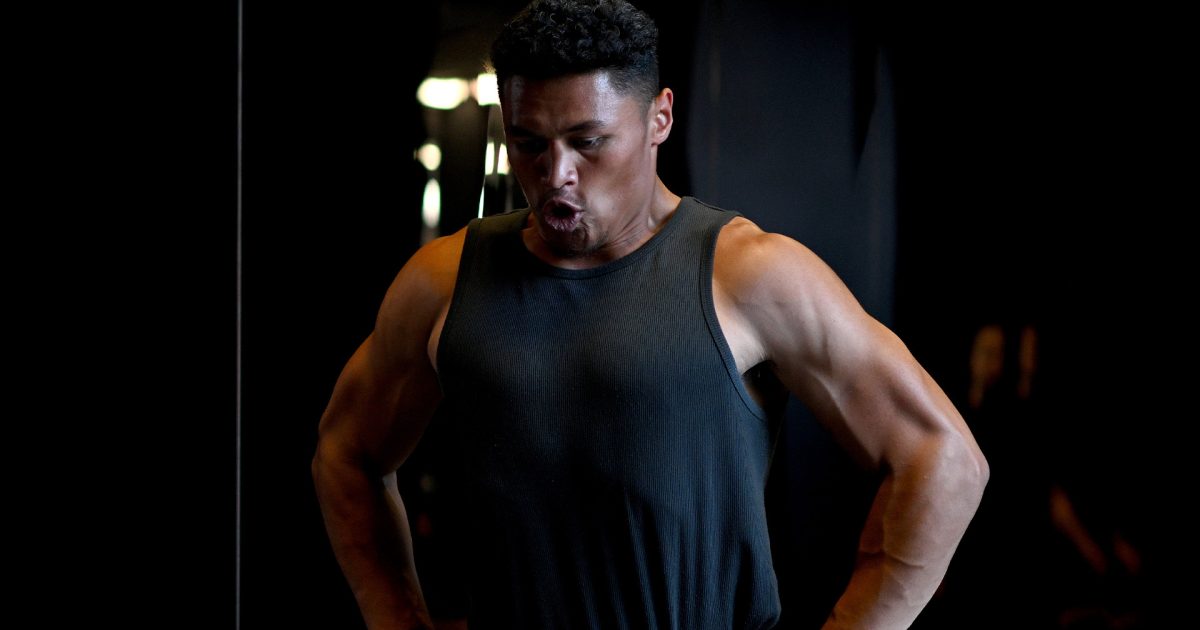Caleb Clarke drops eight kilos ahead of 2024 season

Caleb Clarke is that rare mix of pace and power that can make for rugby royalty. But, after a breakout season in 2020, he has struggled to hit the peak of his powers that many expected of the now 24-year-old.
While routinely making the All Blacks – outside of his stint back in sevens – since his debut, Clarke’s potential is beyond simply donning the black jersey.
As grand of an achievement as being named one of the top few outside backs in New Zealand is, the young Blues wing has all the tools to be not just one of the country’s most prolific attacking threats, but one of the rugby world’s.
And so, after contributing a few valuable minutes at the 2023 Rugby World Cup behind the likes of Mark Tele’a and Leicester Fainga’anuku, Clarke is looking to lift his game in 2024.
He’s dropped from his familiar weight of 110 kilograms to 102 after a dedicated off season with some of his Blues teammates.
“I just wanted to do something new and come in to the season prepared,” Clarke told The Crowd Goes Wild this week.
“I was pretty happy, PB (personal best) in bronco, PB in skinnies.
“I trained a lot with a lot of the boys that stayed in Auckland, so I’m just grateful for all my friends that keep me in shape and keep me away from the chocolate.”
After the sport’s recent departure of Wales star Louis Rees-Zammit, who has forgone Six Nations duties to chase an NFL dream, Clarke’s name has circled in conversations around which All Blacks would be best suited for a switch to the American code.
Various clips of the athlete launching huge quarterback-esque passes have made the rounds online while his pace and physicality have been referenced as great tools for a running back. And as it turns out, Clarke is just one degree of separation way from NFL talent.
“One of my mate’s partners is Puka Nacua (wide receiver for the LA Rams), and so just watching him I’m like damn, go brother! I only know your partner and her family but you’re doing really well mate. So, I’m pretty much connected, we’re family now. Another Samoan brother out there, repping it.”











































































Unfortunately unless someone can give him some rugby smarts he is going to continue to struggle at the top level. Just one of his many weaknesses is his tendency to die with the ball and then be dispossessed. Not sure how losing 8 kilos and having a new coach will cure that. And Robertson’s job is not to coach attack play that will be Leon’s who was Clarke’s coach last year. And he didn’t succeed at the Blues in advancing Clarke’s game so I’m not sure he will be able to at the ABs. There are other and better options to work on.
This NFL talk is painful. Apart from money and living the American dream, it’s like Padel to Tennis.
Looking good Caleb! Making a run for 7s again? Good luck and looking forward to seeing the new you on the field
I said this when he went to train with the Rabbitohs & I’ll say it again. CC is ready to rocknroll this season. The signs are all there. Still much rugby to play but I think that under Razor, his ceiling is stratospheric. One to watch.